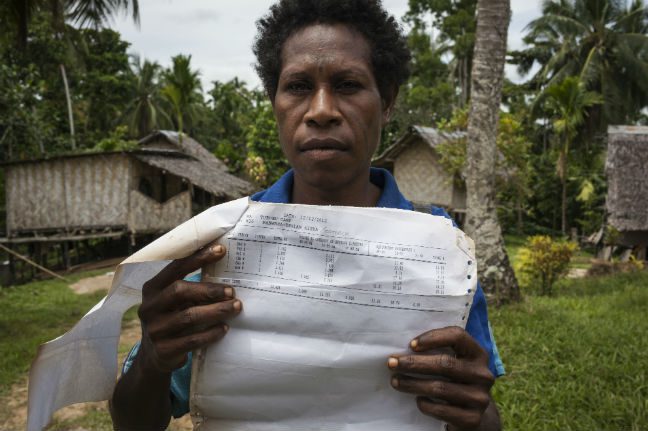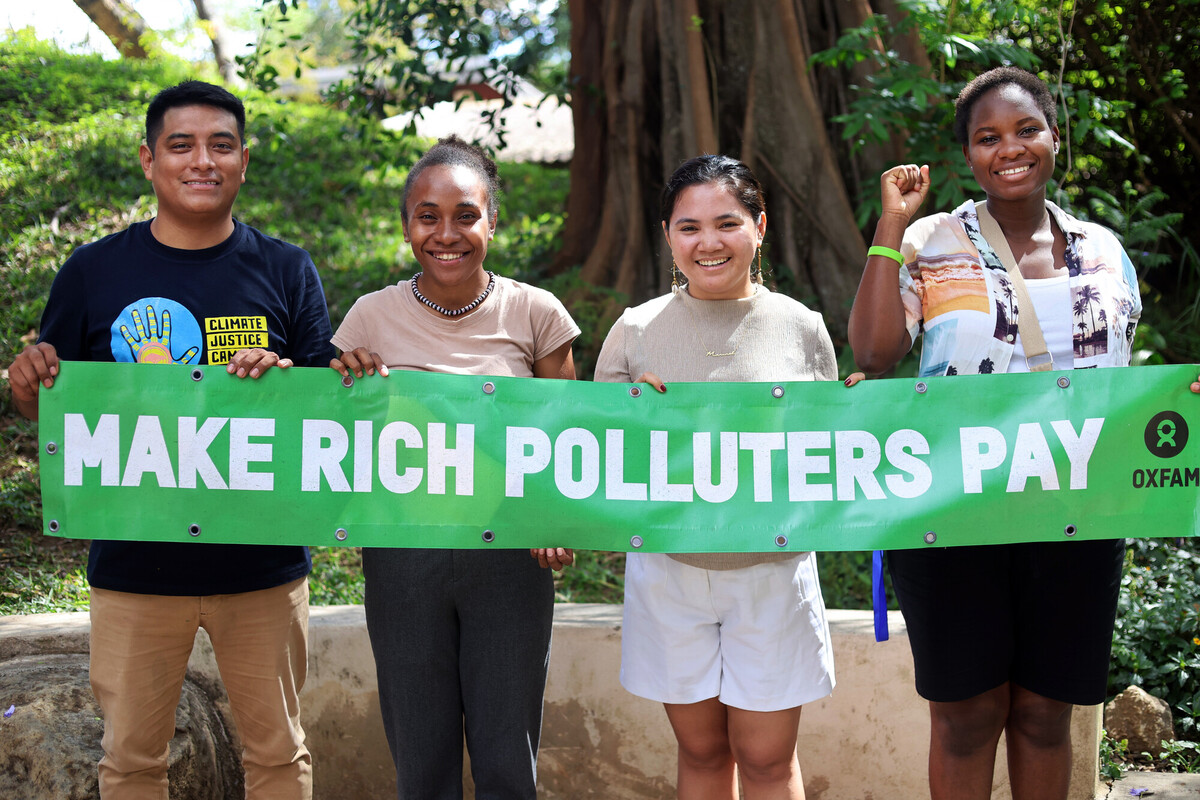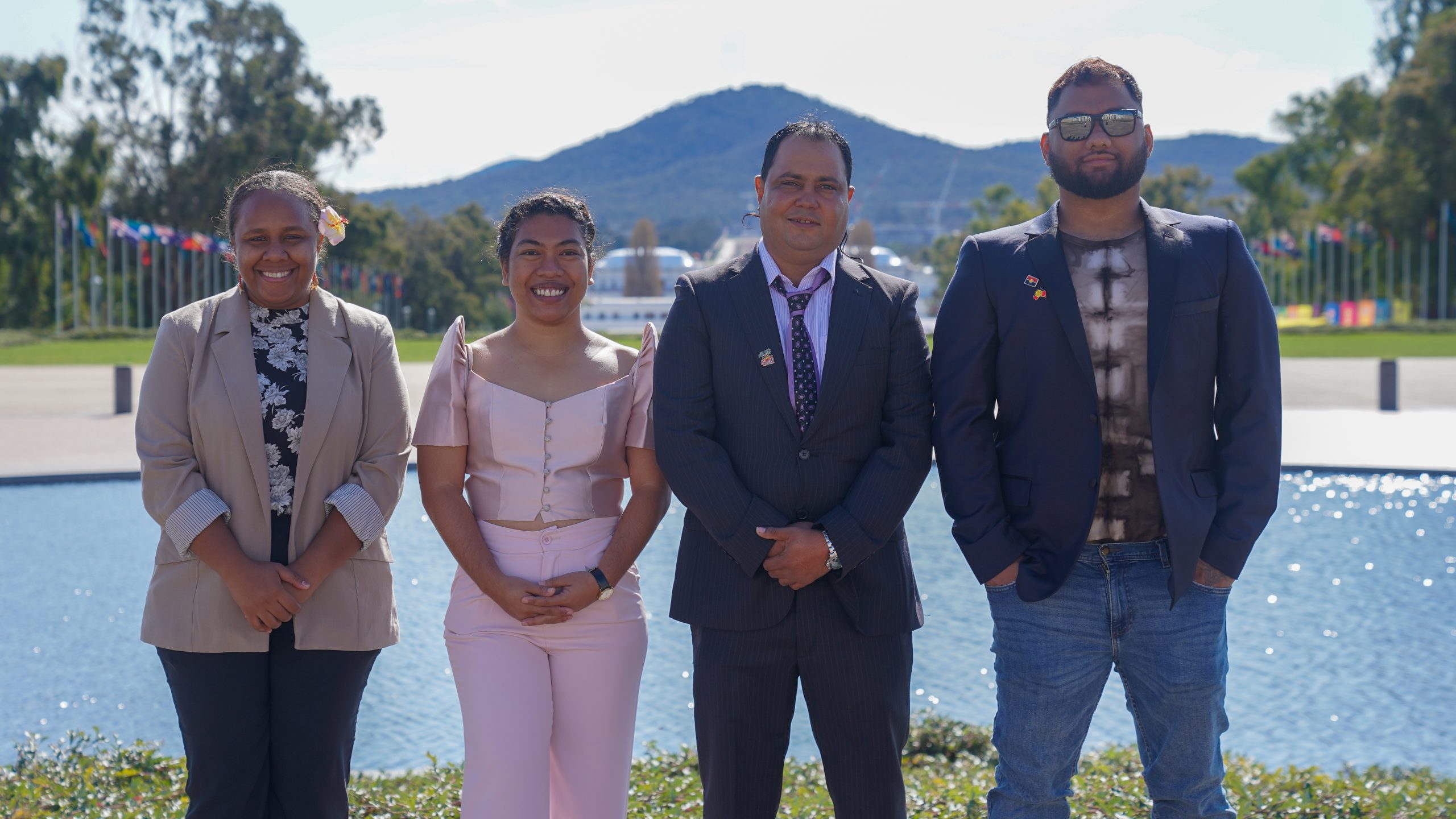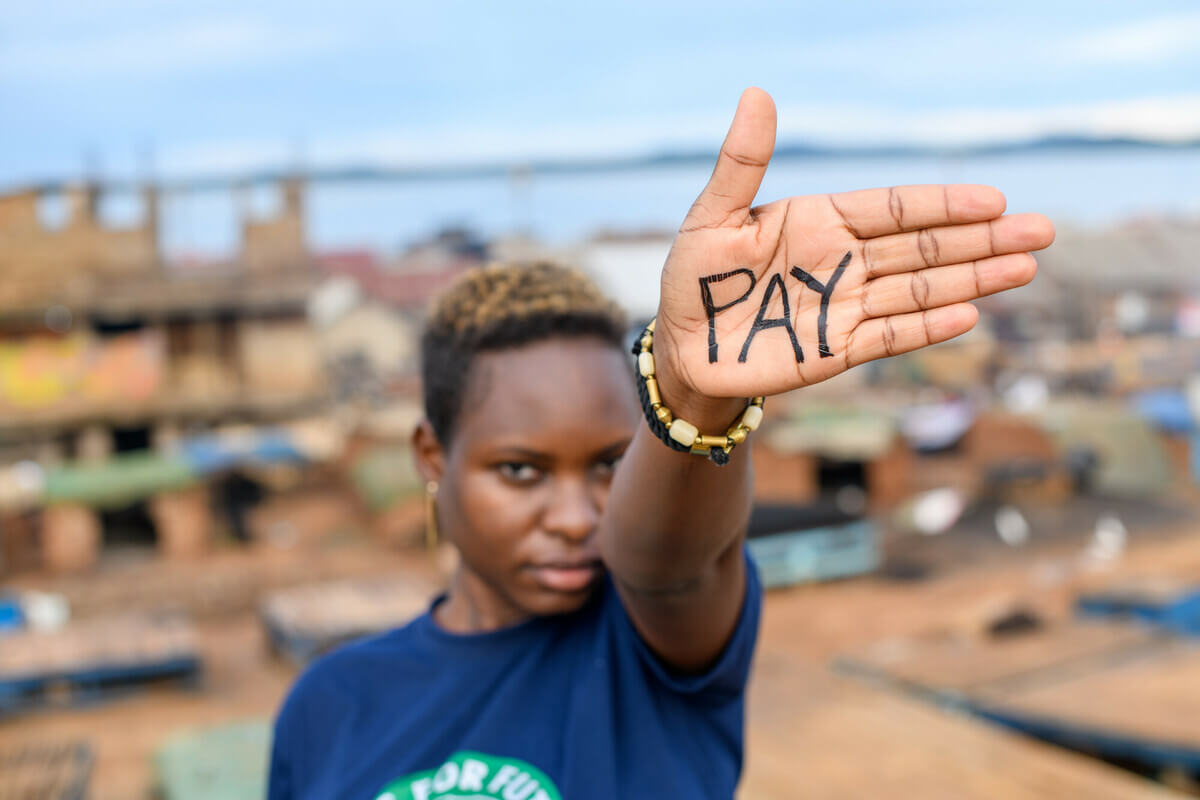By Shona Hawkes, Sustainable Food Advocacy Coordinator, Oxfam Australia.
I’m in Chiang Mai, northern Thailand, to both speak and hear about the enormous and growing issue of illegal land acquisitions on Australia’s doorstep. This land grabbing is breaking up communities; depriving them of access to food, local water sources, livelihoods and their culture. And it’s a practice to which Australia’s big four banks have been connected.
What our banks and other companies need to understand is that land grabs are not only plunging affected communities into poverty; it’s also bad for their business. So on both fronts, it’s no longer tenable for our big four banks to say they aren’t aware of this issue and stall on taking meaningful action.
Yes, land grabbing is often underpinned by opaque financing and other hidden structures; structures put in place by multinational agri-businesses, wealth speculators and nations rushing to profit and secure their interests at the expense of poor farming communities. But in the circles our banks move, and in the communities they’re impacting, everyone’s talking about land grabbing and our banks involvement. Our big four banks need to be listening to this.
Australia’s big banks put our money, and their reputation, at risk when they back agriculture and timber companies involved in violating land rights in the Asia-Pacific. For years, farmers groups, unions, NGOs and rural communities across Asia have been talking about the problem of land grabbing. So why haven’t our banks?
Over the next two days, I’m joining hundreds of people from across Asia at the Land Deals Politics Initiative (LDPI) conference to discuss questions like this. We’re here to better understand how, and why, land grabbing is happening — and more importantly, what can be done to stop it.
We’re also here to acknowledge, record and be inspired by the stories of resistance. The non-violent community action, bravery and persistence demonstrated in the face of powerful corporate and militia intimidation that can go on for years. These stories are truly humbling.
For our big banks, it’s pretty easy to see where the land rights abuses are taking place. Just do an online search of “Myanmar” or “PNG” and “land rights” and you’ll see what I mean.
But for those living off the land in rural areas it’s almost impossible to find out who is financing the companies operating in their area.
In the short-term, organisations like Oxfam and LDPI networks will play an important role in tracking these links. But ultimately the finance sector needs to be more transparent, so they, and the companies they support, can be held to account.
I’ll be sharing Oxfam’s banks and land campaign experiences at the conference. This will include some of the stories of the 20,000 Australians who have so far joined the campaign, as well as the lessons we’ve learned while investigating Australia’s big four banks.
While none of the “big four” have yet adopted the “Zero Tolerance for Land Grabs” approach we’ve been calling for, I will be outlining some of the positive “first steps” we’re starting to see from some of them.
Importantly, Oxfam’s presence at the conference is also a show of solidarity with the farmers, women’s groups and Indigenous communities looking for support in the face of the huge struggle they have to defend their land rights.
You can show your solidarity with them by saying no to land grabs now. Or if you have already, join me in sharing the campaign online.



